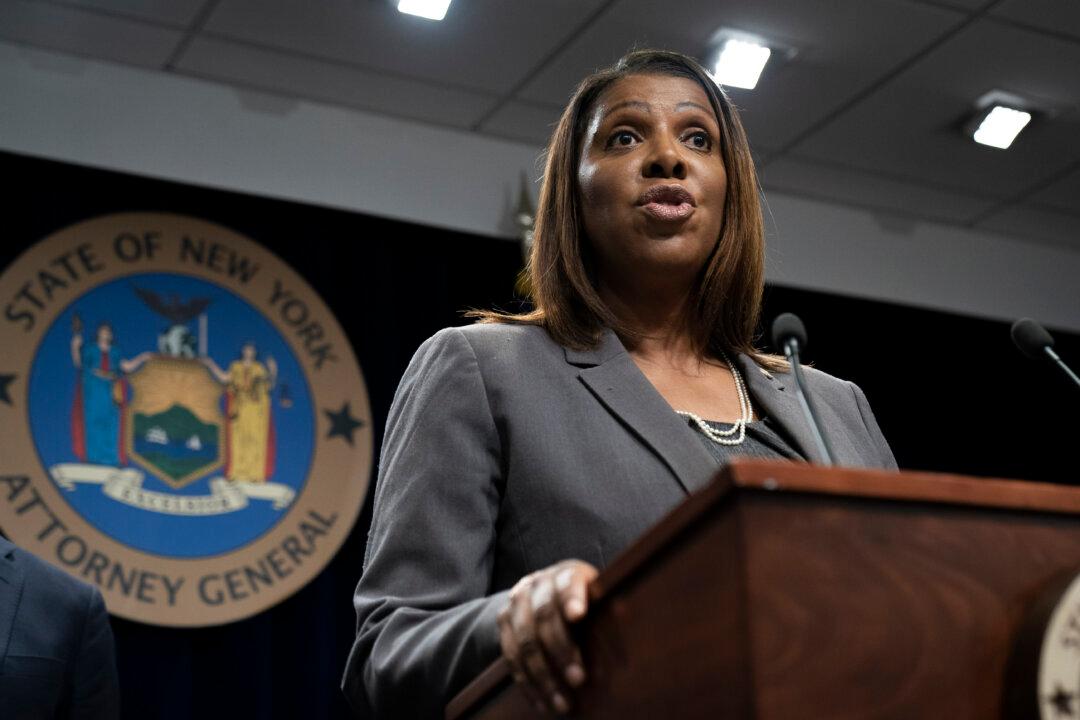New York’s attorney general this week asked a federal appeals court to overturn an order that’s blocking the state’s COVID-19 vaccine mandate for health care workers.
U.S. District Judge David Hurd, a Clinton nominee, blocked the statewide mandate last week, ruling that the state officials named as defendants did not adequately explain why workers were denied religious exemptions.





